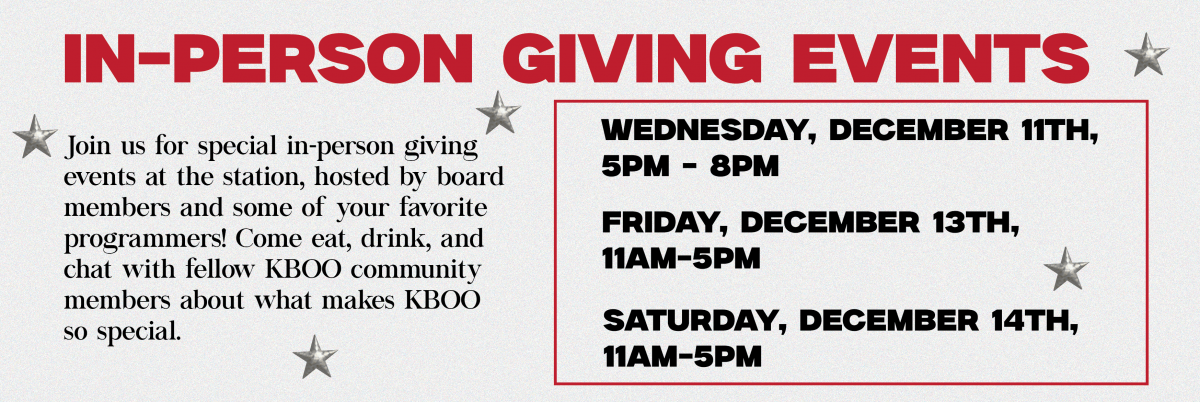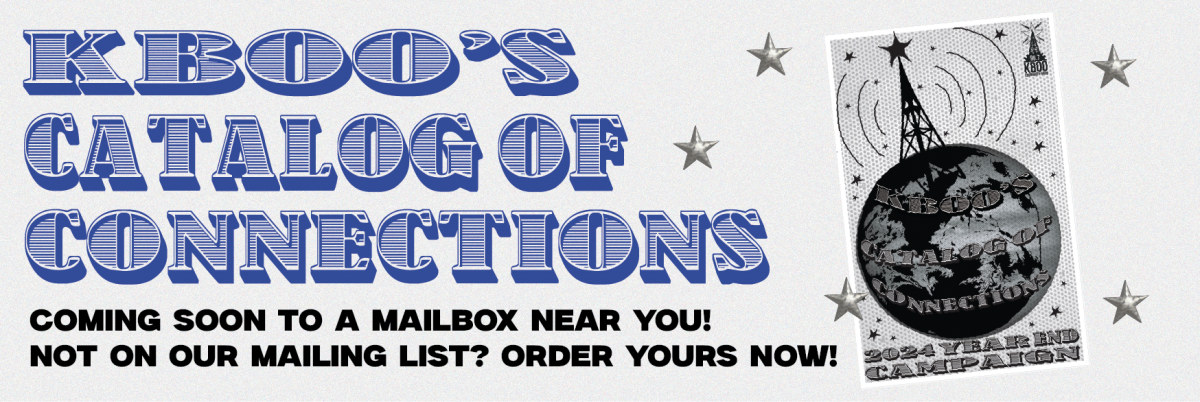There have been so many of these incidents that it's useful to have timelines and maps just to keep track of these things.
We can certainly see the ironies of the situation. Juan Cole reminds us to consider not just the children killed in Connecticut last week, but also the one hundred sevety six children killed by US drone strikes in Pakistan. And Dave Lindorff points out the oddity of teachers being lauded for their bravery in protecting students, while most of the time these days they are "routinely being accused by our politicians of being drones and selfish, incompetent money grubbers worried more about their pensions than about teaching."
We're hearing a lot about gun control in recent days, but Aaron Bady on The New Inquiry suggests that gun control is a kind of "utopianism, the idea that if we got rid of the objects themselves, the desire for them, the need for them, and the culture that is built around them and makes them necessary, that all of that would go away."
When the mass shootings of the last thirty years began, back in the 1980s, they gave rise to the term "going postal," because that was where many of the incidents occurred. As Mark Ames points out in his 2005 book Going Postal: Rage, Murder, and Rebellion -- From Reagan's Workplaces to Clinton's Columbine and Beyond
One reason the whole rage murder phenomenon may have started with post offices is that the 800,000-employee-strong service, the nation's second-largest employer, was one of the earliest and largest agencies in the post-New Deal era to be subjected to what was essentially a semi-deregulation and semi-privatization plan, in what the neo-conservative American Enterprise Institute calls "the most extensive reorganization of a federal agency."
The Postal Reorganization Act of 1970, signed by Republican President Richard Nixon, aimed to make the USPS self-sufficient, running on its own profits. Before then, the USPS operated at a loss for 131 of the 160 years that it was in operation. … The U.S. Postal Service was able to function more profitably through the familiar tactics of pushing its workers to work harder and of creating an increasingly stress-jammed atmosphere, thereby squeezing more work out of them, or "increasing worker productivity" in the value-neutral language of economics. Oddly enough, the first year that the federal government stopped subsidizing the USPS, 1983, was also the year of the first post office shooting, in Johnston, South Carolina.
There followed many more workplace massacres, the histories of which [Ames] traces …, and which he posits as acts of enraged rebellion against a new system of stress, layoffs and impossible expectations which are 'making the world a crueller place' in the new American factory - the office - and at places of supposed study. It is a [kind of ] apolitical insurgency….
As others have pointd out, high levels of inequality in the US do seem to correlate with gun violence.
And Ames suggests that In the education system, the stress endured by pupils' parents 'doesn't so much trickle down, it rains down from parent to child, like acid rain'. Ames draws a direct line between slave rebellions and rage killing, arguing that 'the modern American work culture derives from the same sources that defined slavery's official work culture'.
On the other hand—or, perhaps, similarly, Michael Moore's Bowling for Columbine includes a brief animated history of the USA tracing the popularity of guns and violence in the USA to white racial fears.
But of course it's not just white people but more specifically white men .
Williams Hamby cites the idea of "aggreived entitlement" as an explanation for why white males are routinely going crazy and killing people. The term was coined in 2010 by sociologists Rachel Kalish and Michael Kimmel, who describe "aggrieved entitlement" as "a gendered emotion, a fusion of that humiliating loss of manhood and the moral obligation and entitlement to get it back. And its gender is masculine." Hamby notes that
It is absolutely true that white men have lost a lot of power in the last few decades. Inasmuch as these shooters are angry about feelings of powerlessness, their feelings are at least understandable. However, white men needed to lose a lot of power. Without exaggerating, one could say that a history of America is a history of white men lording power over... pretty much anyone who wasn't a white man. If America [is] ever going to truly be a land of equality, white men [need] to lose their power.
The thing is, losing power hurts. That's the "aggrieve" part of aggrieved entitlement. It's one thing for a bunch of white men to feel hurt because they are no longer the kings of their own private castles, rulers of all they survey. It's another thing for them to feel like they're entitled to power, and more importantly, entitled to punish others for taking it away. And that -- aggrievement plus the feeling of entitlement -- is what may well drive [white men] to these horrific crimes.
A post titled "A class struggle perspective on the gun control debate" on the site lib.com observes that
Atomisation, alienation, poverty and the complete absence of hope are the inevitable results of capitalism. The backlash against that (conscious or subconscious) may be massacres, riots or suicides, but it will be there. The real debate isn't whether we ban guns or whether we arm everyone to defend against the madmen lurking around every corner. It's how we build a real movement against the present conditions so that people's only option isn't to kill ourselves or each other.





Comments
more links
<p> </p>
<p><a href="http://www.salon.com/2012/12/17/would_the_u_s_government_profile_white_m...
<p><a href="http://www.commondreams.org/view/2012/12/18-3">http://www.commondreams.o...
<p><a href="http://youtu.be/gZn-Pq38B_Y">http://youtu.be/gZn-Pq38B_Y</a></p>